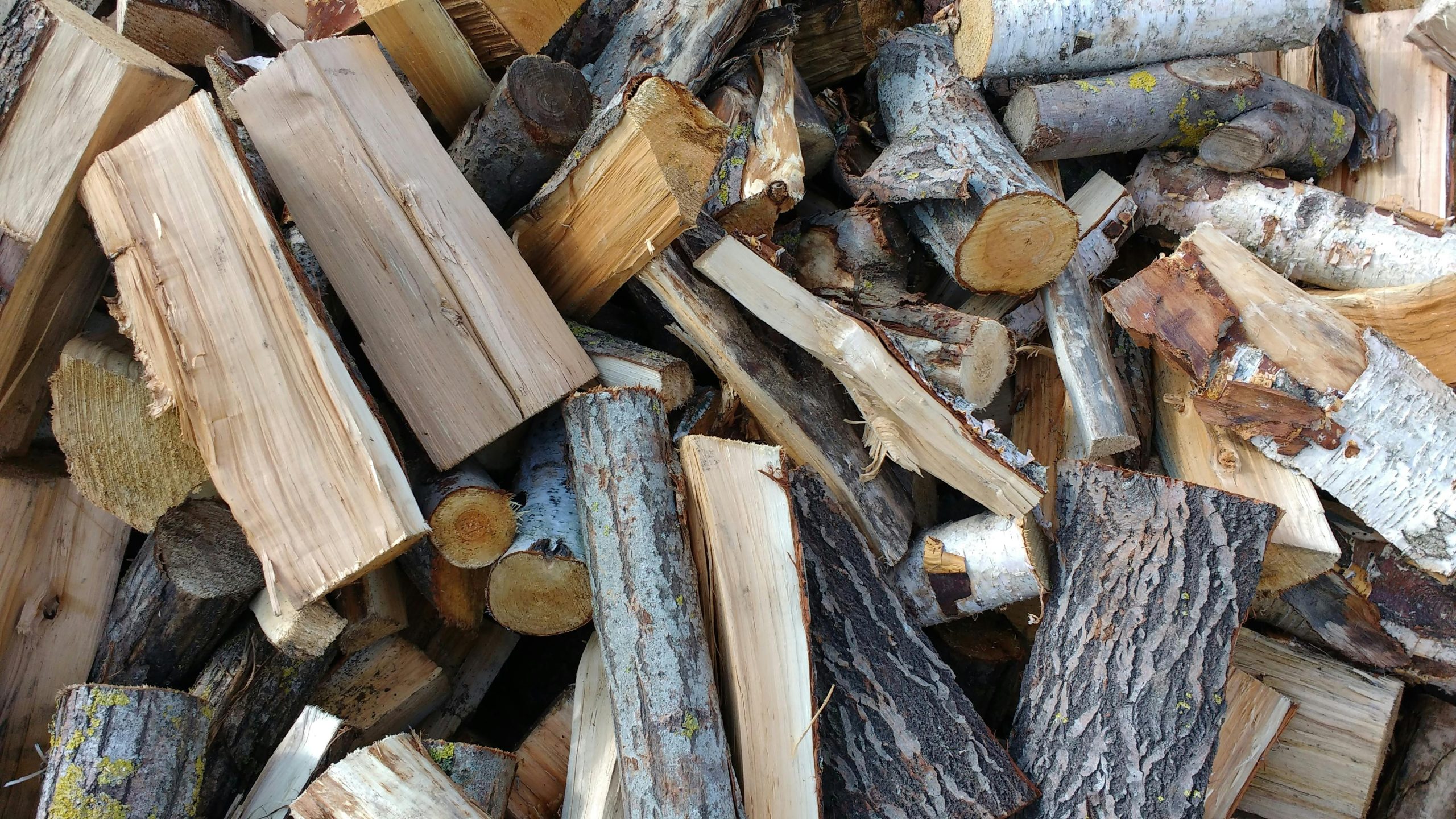In an era where sustainability and eco-conscious choices have become essential, Firewood remains a timeless and reliable energy source. As the demand for green heating solutions grows, many households and businesses are turning to firewood and biomass products like wood pellets and chips. At Biomass Wood Pellets, we emphasize how using eco-friendly firewood not only supports renewable energy efforts but also provides efficient, clean, and affordable heating. This article explores how firewood contributes to sustainable heating systems, the benefits it offers, and how to make the most of this natural resource responsibly.
The Importance of Sustainable Heating
Heating is one of the largest sources of energy consumption, particularly in colder regions. Conventional heating systems often rely on fossil fuels such as coal, oil, or gas, which contribute significantly to carbon emissions. By contrast, firewood is a renewable source of energy that can be replenished naturally through responsible forestry. Choosing firewood for heating helps reduce dependence on non-renewable fuels while promoting a carbon-neutral cycle — the carbon dioxide released during combustion is reabsorbed by new trees as they grow.
Why Firewood Is an Eco-Friendly Option
When produced and used correctly, firewood can be one of the most sustainable heating fuels available. Properly seasoned firewood burns efficiently, producing minimal smoke and particulate emissions. This makes it an environmentally responsible choice for both homes and businesses looking to reduce their ecological footprint. Additionally, firewood is often sourced locally, cutting down on the transportation-related emissions associated with imported fuels. Local sourcing of firewood also supports rural economies and sustainable forestry practices, further enhancing its eco-friendly reputation.
Energy Efficiency and Cost Benefits of Firewood
Another major advantage of firewood is its cost-effectiveness. Compared to electricity or oil, firewood provides a more affordable heating solution, especially when sourced from sustainable local suppliers. The energy output of dry, seasoned firewood can rival or even surpass that of other renewable fuels when used in efficient stoves or biomass boilers. Modern heating systems designed for firewood are built to maximize combustion efficiency, ensuring that users get the most heat from every log. Over time, households that rely on firewood often experience substantial savings on their energy bills.
How to Choose Quality Firewood
Not all firewood is created equal. The efficiency and cleanliness of burning depend on the wood’s moisture content and species. Hardwoods such as oak, ash, and beech are generally preferred for firewood because they burn longer and hotter than softwoods. To ensure the best performance, firewood should be properly seasoned for at least six to twelve months, reducing its moisture content to below 20%. Dry firewood not only burns cleaner but also reduces the buildup of creosote in chimneys, improving safety. Investing in high-quality firewood guarantees better energy output and a more sustainable heating experience.
Firewood and Biomass Integration
Many modern sustainable heating systems integrate firewood with other biomass fuels, such as wood pellets or wood chips. This combination allows for flexible energy management and consistent heat production. For example, firewood can be used for traditional stoves or open fires, while automated systems use pellets for steady heating. At Biomass Wood Pellets, we believe in promoting this synergy between firewood and other biomass sources to create efficient, low-carbon heating systems that suit various household needs.
Environmental Benefits of Using Firewood
Using firewood as a primary or supplementary heating source provides multiple environmental benefits. Since firewood is renewable, it contributes to a closed carbon cycle. Sustainable forestry practices ensure that for every tree used as firewood, new trees are planted, maintaining ecological balance. Additionally, burning well-seasoned firewood in efficient systems produces far fewer pollutants than fossil fuels. By replacing non-renewable energy sources with firewood, consumers actively participate in reducing greenhouse gas emissions and protecting natural ecosystems.
Tips for Responsible Firewood Usage
To make the most of firewood in an eco-friendly manner, users should follow responsible burning practices. Always store firewood in a dry, well-ventilated area to prevent moisture buildup. Use efficient stoves or boilers that meet environmental standards to minimize emissions. Never burn treated or painted wood, as it can release harmful chemicals into the air. Regularly maintain your heating system to ensure optimal combustion. By following these steps, homeowners can maximize the efficiency and environmental benefits of firewood.
The Future of Firewood in Sustainable Heating
As renewable energy technologies evolve, firewood continues to hold an important place in sustainable heating strategies. Advances in stove and boiler design have made it possible to harness firewood more efficiently than ever. Combined with responsible forestry and growing awareness of renewable energy, firewood is expected to remain a cornerstone of eco-friendly heating for generations to come. The integration of digital monitoring systems and smart thermostats further enhances the performance of firewood heating, ensuring optimal energy use and minimal waste.
Conclusion
Choosing firewood for your heating system is more than a practical decision—it’s a commitment to sustainability, efficiency, and environmental stewardship. By opting for high-quality, responsibly sourced firewood, individuals and businesses can enjoy affordable warmth while reducing their carbon footprint. As eco-conscious energy solutions continue to shape the future, firewood stands as a renewable, efficient, and time-tested resource that embodies the true spirit of sustainable living.





